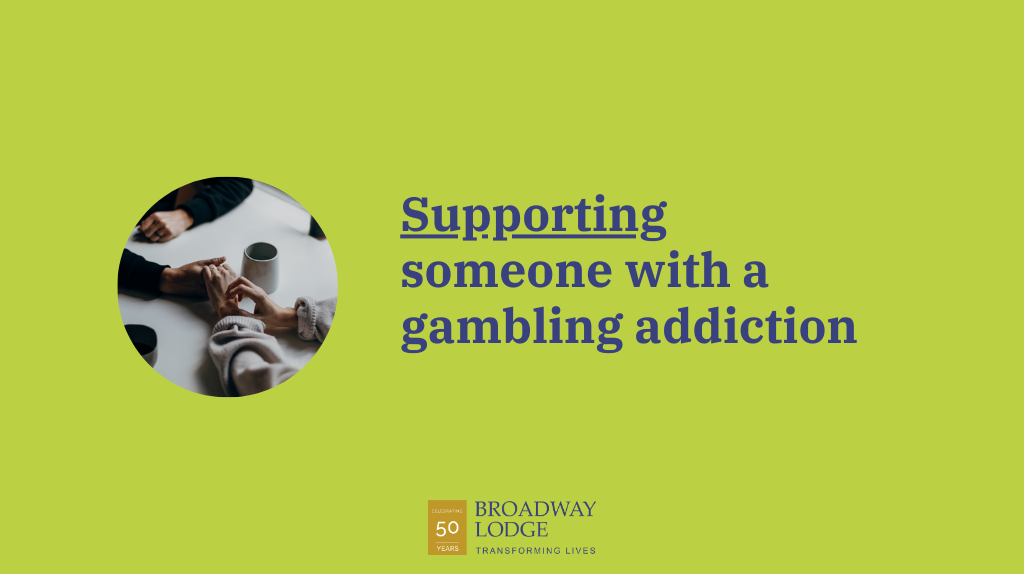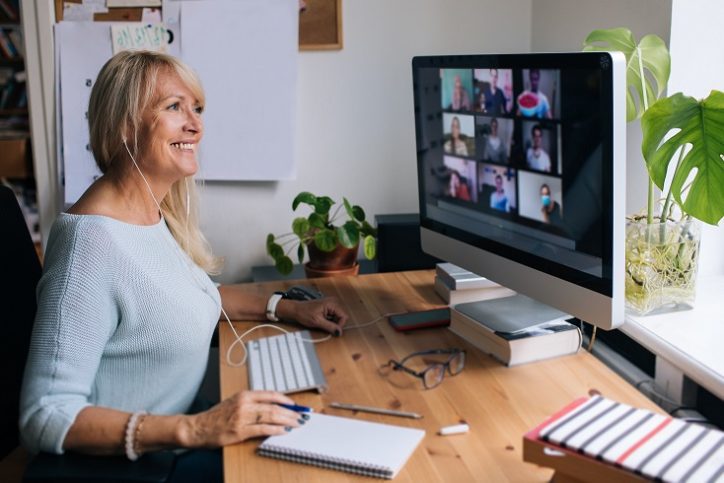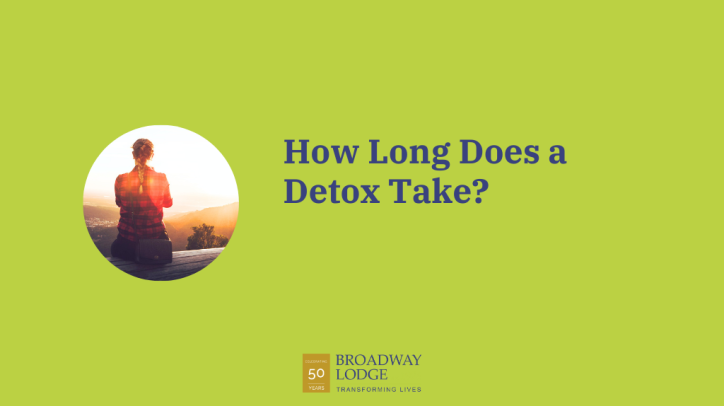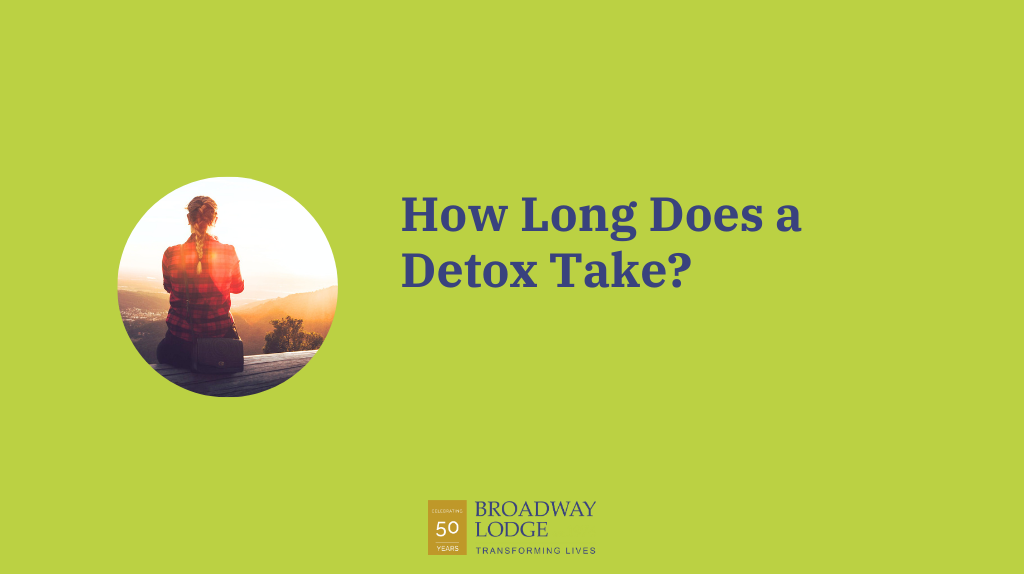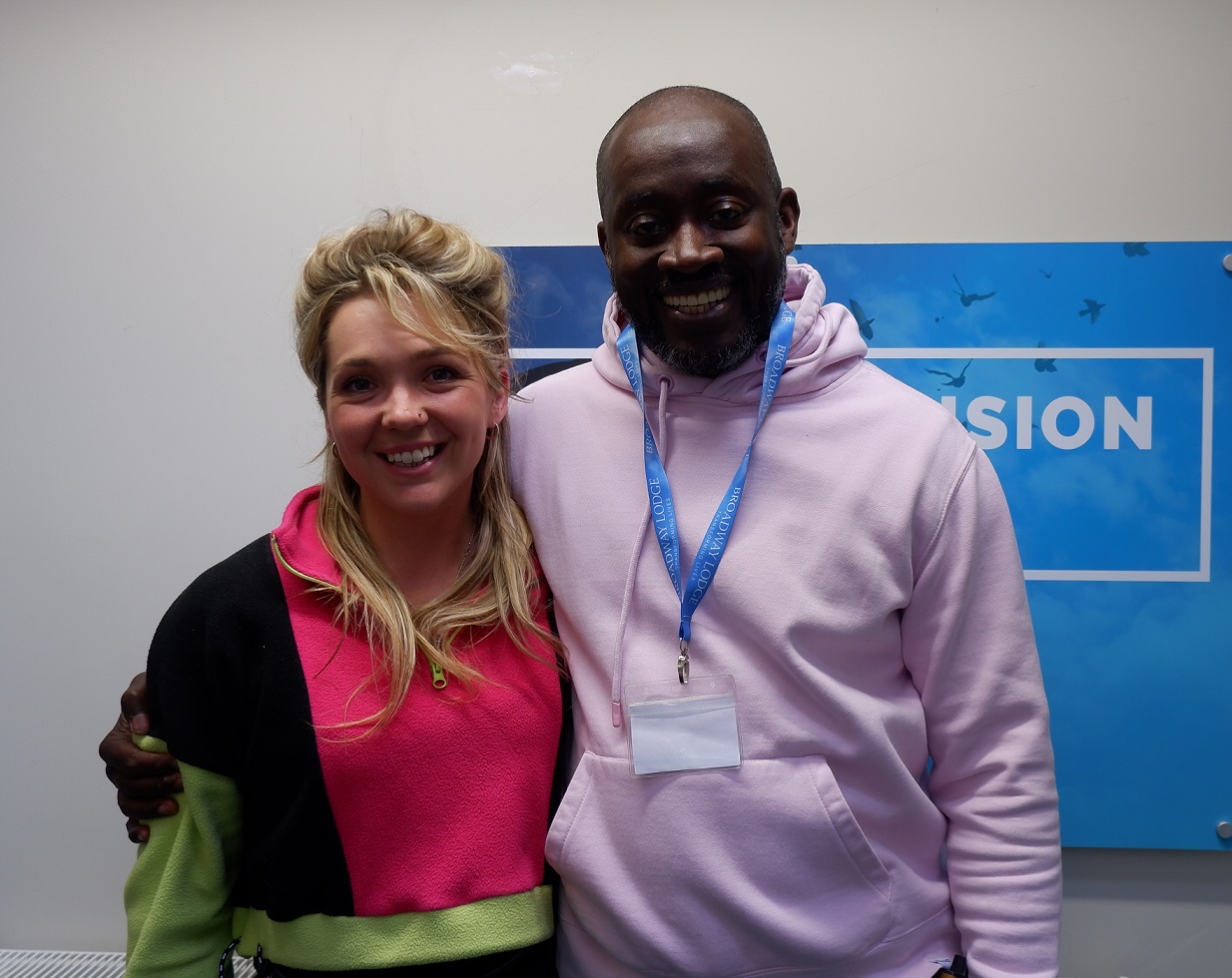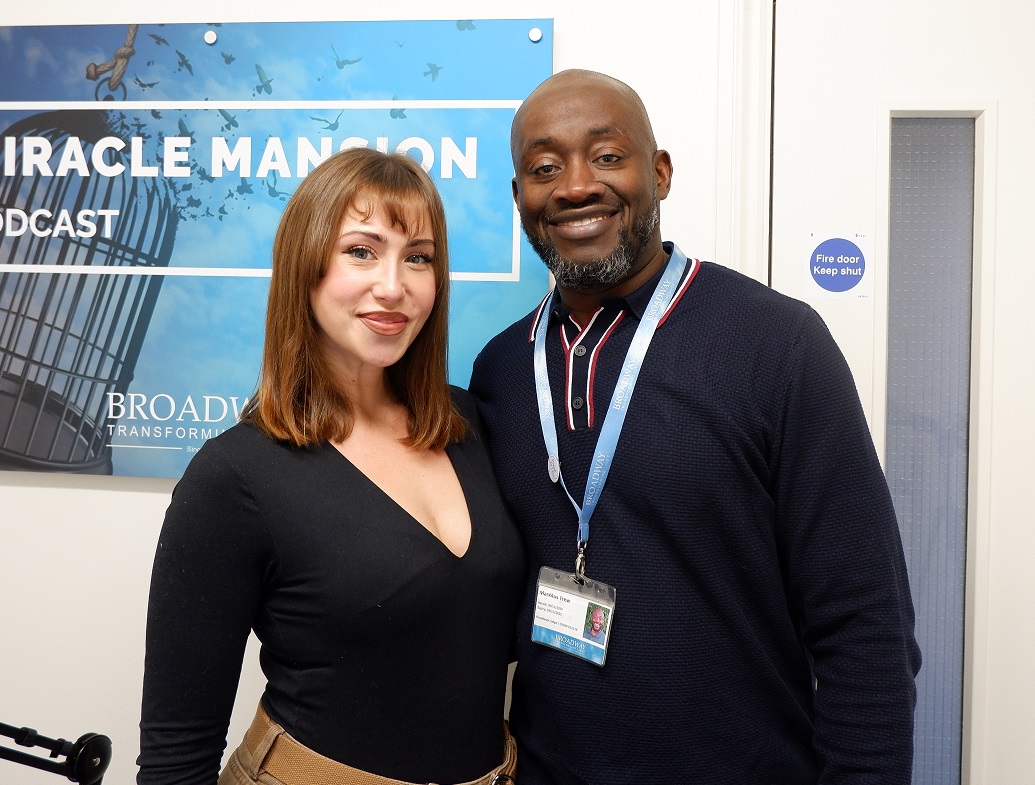Recognise gambling addiction signs and encourage professional help for recovery.
Set boundaries for yourself and prioritise your emotional well-being.
Discovering that someone you care about is struggling with a gambling problem can feel incredibly overwhelming. It’s OK, you’re not alone and the feelings you feel are normal. It’s normal to feel a range of different emotions – concern, frustration, confusion and even guilt. Gambling problems and addiction, much like any other form of addiction, can impact more than just the individual – it can impact family and friends, and it can do so in a number of different ways, emotionally and financially.
Gambling addiction is a serious condition that requires professional treatment. Here at Broadway Lodge we’ve provided abstinence-based treatment since 1974. Our team has helped transform thousands of lives, supporting people to begin a recovery journey from addiction to alcohol, drugs, gambling, sex and gaming. Rehab may not have been part of your or your loved one’s plans, but it’s the best way to regain control of your life.
The encouraging news is that, with the right approach, you can provide meaningful support to your loved one while also protecting your own well-being. This post outlines strategies to guide you through this challenging time and provide the right kind of help when both you and they need it most.
Understanding gambling addiction
First of all, let’s understand the nature of gambling addiction. Gambling addiction, also referred to as “problem gambling” or “compulsive gambling,” is characterised by an inability to stop gambling, even when it leads to negative consequences. This condition is not a lack of willpower; it is a recognised behavioural disorder that can affect anyone, regardless of age, gender or financial situation.
The signs of a gambling problem
Supporting a loved one starts with noticing the signs. Some symptoms of gambling addiction to watch for include:
- Secrecy around finances or gambling activities – They may avoid discussing their finances or how they’ve spent their time.
- Borrowing money frequently – They may ask to borrow money with vague reasons or show difficulty repaying debts.
- Obsessive focus on gambling – Constant checking of sports results, gaming apps or talking persistently about wins and losses may indicate a problem.
- Neglecting responsibilities and relationships – Work performance, family obligations or friendships may take a back seat.
- Mood swings and irritability – They may experience stress, anxiety or anger when unable to gamble.
Just be aware that you may need to approach this topic with sensitivity. Your loved one may not immediately recognise or admit they have a problem.
How to support a loved one with a gambling addiction
1. Educate yourself
Understanding gambling addiction is the first step to understanding what your loved one is going through. While your own emotional needs are just as important, learning about how gambling affects the brain, common triggers and available treatments will allow you to offer better support. Resources like the NHS Live Well website and organisations such as GamCare can provide valuable information.
2. Open the lines of communication
Pick a calm, relaxed moment to talk to your loved one. Use “I” statements, such as “I’ve noticed you’ve been struggling lately and I want to help.” Avoid being accusatory, as this can cause defensiveness or denial. The aim is to express concern, not to assign blame. Just remember, addiction is a disease.
3. Encourage them to seek professional help
Gambling addiction is a complex issue and professional help often plays a crucial role in recovery. Suggest practical sources of help, such as contacting GamCare’s helpline or joining a support group like Gamblers Anonymous UK. Encourage them to consider counselling or therapy with a trained professional who specialises in addiction. For more intensive treatment in a supportive environment with access to professionals 24/7, a stay at Broadway Lodge for at least four weeks to address the psychological part of addiction and underlying causes may be an option.
4. Set boundaries for yourself
While it’s great to help, don’t forget to look after yourself too – your mental health and finances matter. Be clear about what you can and cannot do. For example, you may decide not to lend money or cover their gambling debts. Establish boundaries and adhere to them, even if it’s hard.
5. Monitor your emotional well-being
Supporting someone with a gambling problem can take a toll on your own mental health. Make your own self-care a priority. Whether that involves speaking with a counsellor yourself, confiding in someone you trust or joining family support groups like Gam-Anon or our very own monthly Online Family Programme. Remember, it’s okay to ask for help.
6. Build a strong support system together
Encourage your loved one to stick close to supportive friends, family and professionals who can help motivate them on their path to recovery. This also might mean avoiding situations or environments that can trigger gambling behaviours, such as betting shops, pubs, sports matches or online gambling websites.
7. Take advantage of self-exclusion tools
Your loved one may benefit from tools and schemes aimed at restricting their gambling access. Tools like GAMSTOP in the UK allow individuals to self-exclude from all online gambling sites and marketing emails. You can even register yourself in case a loved one tries to use your details to log in to gambling websites – It might sound unfortunate, but we understand it can happen. Offer your support in setting these restrictions up. Practical steps like this can make a big difference.
What not to do
While we can be empathetic to the addictive behaviour, we mustn’t be enabling it – that’s a key difference. No one can be perfect all the time, but try to avoid these pitfalls:
- Don’t enable their behaviour by lending money or covering gambling debts.
- Avoid shaming or blaming them – addiction thrives on guilt and isolation. Compassionate communication is more effective.
- Don’t expect instant change – recovery is a process that takes time and commitment. Be patient and supportive.
Finding gambling addiction help in the UK
Fortunately, help is readily available in the UK. Here are a few resources your loved one (and you) can turn to for guidance and support:
- GamCare – Offers free advice, a live chat service and peer support groups for gambling problems.
- Betknowmore UK – Delivers education and support services for individuals and families.
- Gam-Anon UK – Support specifically for families and friends of people with gambling issues.
- GAMSTOP – Helps you control online gambling by restricting websites.
Final thoughts
Dealing with a loved one’s gambling addiction is undoubtedly a challenging and emotional experience, but your support can make a world of difference in their recovery. By educating yourself, maintaining open communication, and leaning on professional resources, you can help them take the first steps toward a healthier and more balanced life.
If you or someone you know is considering beginning their recovery journey from addiction, contact us to find out about treatment at Broadway Lodge, call our admissions department on 01934 815515 (9am-5pm Monday to Friday) or email hello@broadwaylodge.og.uk. For more information on how Broadway Lodge can offer support for both you and your loved one please look at our Gambling Addiction page.

